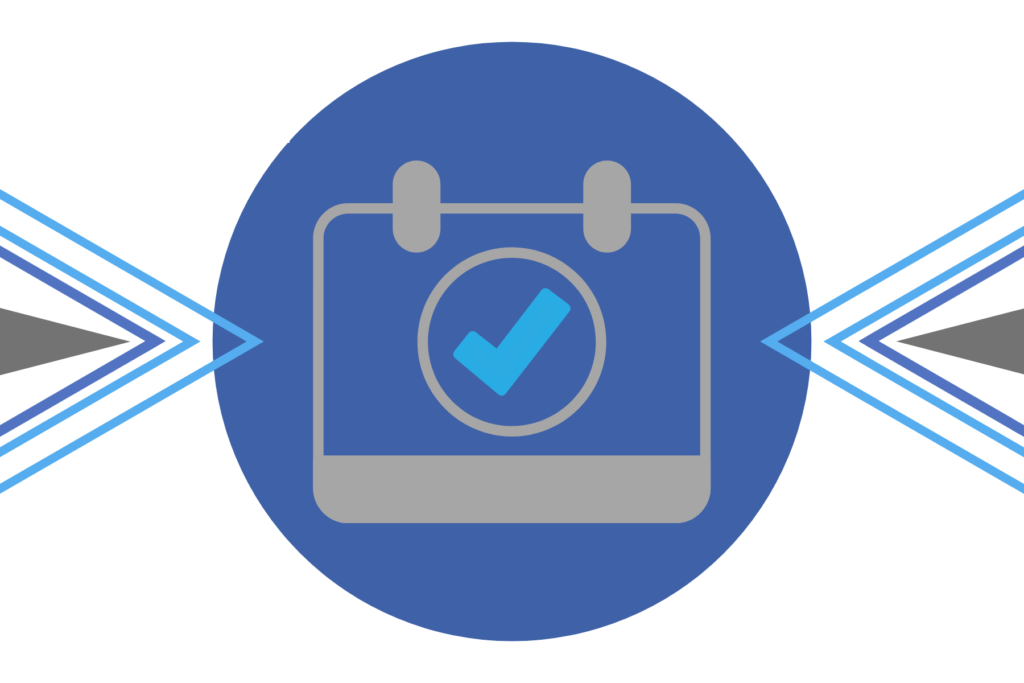See also: How does online learning affect students with ADHD?

People with attention deficit hyperactivity disorder (ADHD) may have more or less trouble with online learning, but most students used to in-person classes can also struggle without the traditional learning model.
Below are tips and tricks that Marshall B. Ketchum University and BYU faculty and staff have shared on how to improve study habits for online learning during COVID-19. Clay Frandsen is a licensed psychologist and director of the BYU University Accessibility Center. Ryan Kellems is a BYU professor of counseling psychology and special education. While Kellems’ tips are suggestions specifically for students with ADHD, any student can benefit from them.
“There’s actually a principle called Universal Design for Learning which means that making something more accessible to one person is going to help everyone in the class,” Kellems said. “So (these) suggestions are things that would probably help everyone, not just students with ADHD.”
Frandsen’s Study Tips
Utilize study areas. Find an area dedicated to studying.
Create virtual study groups. Form study groups with peers online.
Re-watch lectures. When possible, review class material and “solidify information that may be in short-term memory.”
Contact professors. By staying in contact, professors can better serve students and provide them with help when needed.
Kellems’ Study Tips
Control your environment. Create a distraction-free learning environment.
Set a weekly schedule. Create a schedule and set alarms for live classes, on-demand classes, homework, and studying.
Schedule on-demand courses. Set aside time to do coursework, even if you aren’t required to be in class.
Be accountable. Hold yourself accountable for all assignments, tests, and lectures required for your classes.
Request needed accommodations. “Accommodations (requested through a formal petition process) are not retroactive,” so don’t wait until the last minute to request accommodations.
Communicate with professors. Inform professors of potential learning disabilities or anything that might make success in the class difficult.
Connect with classmates. Classmates may be able to help you with any topics missed during a lecture.
Marshall B. Ketchum University’s Study Tips
Be organized. Organize your coursework and lectures.
Don’t multitask. Don’t scroll through social media or watch videos while you are listening to lectures.
Make the most of video lectures. Stay on schedule, ask questions and close any distracting background apps or tabs.
Improve study habits. Recreate your ideal study space and timelines at home.
Take care of yourself. Get enough sleep, eat healthily, exercise and stay in contact with friends and classmates.




